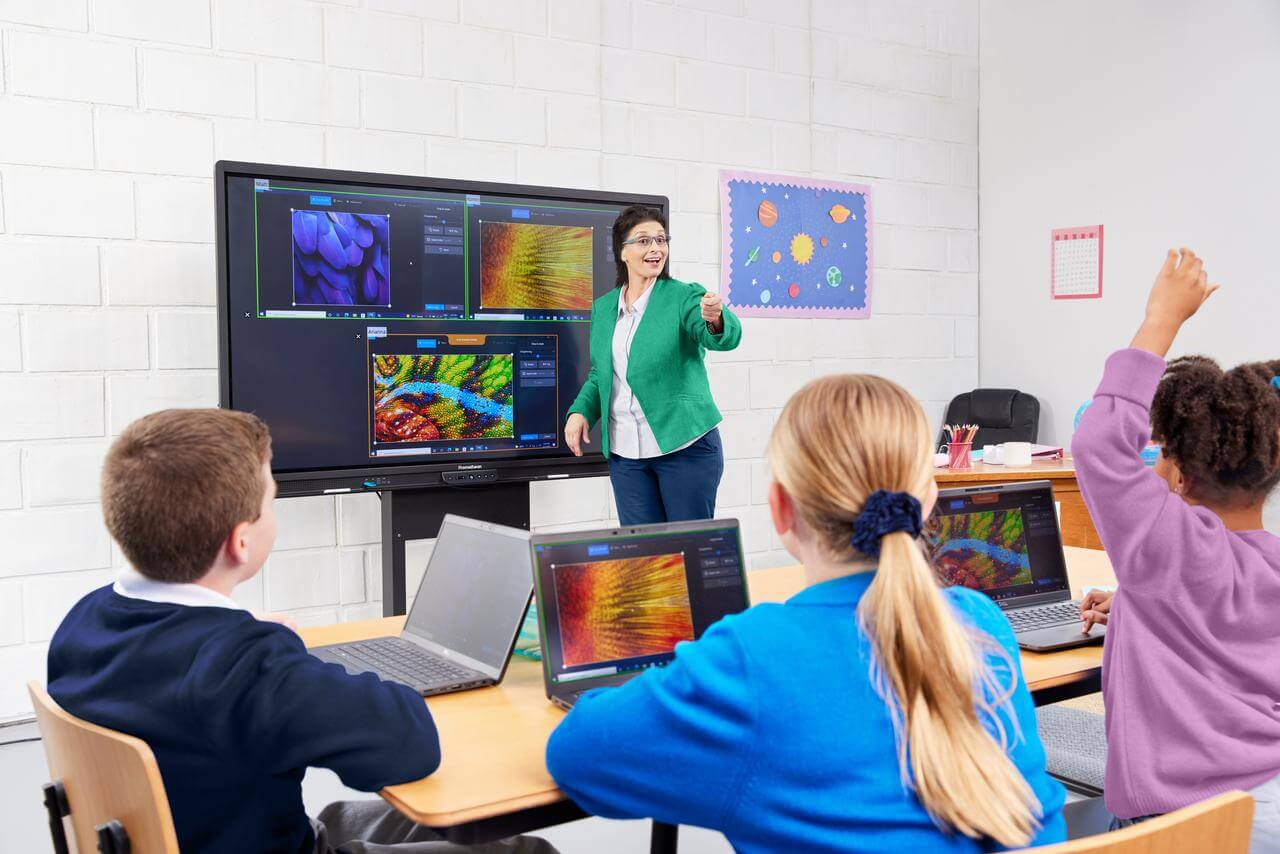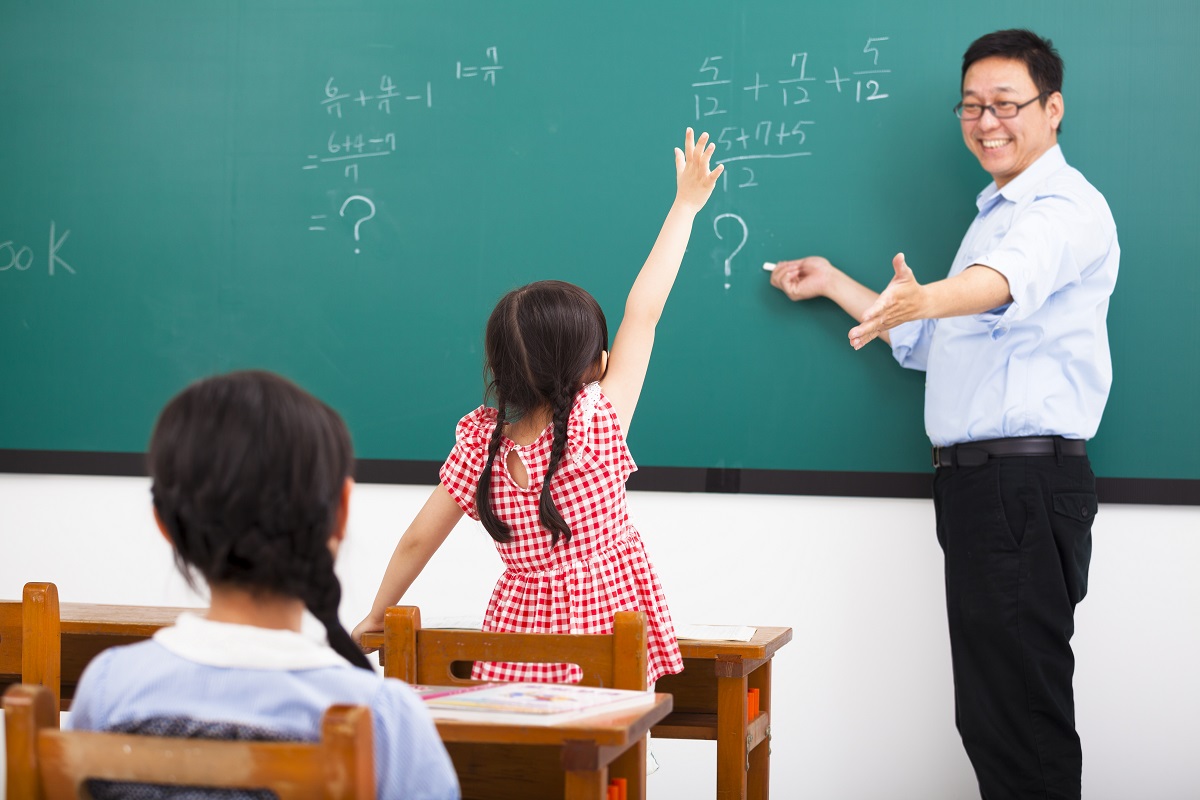Enroll in Primary Science Tuition Singapore for a Strong Science Foundation
Enroll in Primary Science Tuition Singapore for a Strong Science Foundation
Blog Article
Checking Out the Various Mentor Techniques in Primary Scientific Research Education Today
The landscape of key science education and learning is developing, with various training methods acquiring prominence in contemporary class. Inquiry-based discovering, hands-on experiments, and the integration of technology are redefining just how teachers engage young minds. Additionally, collective methods and separated instruction are being employed to provide to the varied requirements of pupils, improving both engagement and understanding. As we take a look at these methodologies, concerns emerge about their performance and the effects for future educational practices. What might these changes in technique mean for the future generation of learners?
Inquiry-Based Understanding
Inquiry-Based Understanding (IBL) is a pedagogical technique that motivates pupils to check out clinical concepts through doubting, investigation, and hands-on trial and error. This technique highlights the function of trainees as active individuals in their learning, promoting vital reasoning and problem-solving skills. By involving with real-world questions, trainees come to be inspired and interested, which boosts their understanding of clinical principles.
In IBL, instructors serve as facilitators, directing pupils as they navigate their inquiries as opposed to delivering details straight. This student-centered method permits distinction, fitting numerous discovering speeds and styles. Pupils create skills in developing hypotheses, developing experiments, and analyzing information, which are critical for scientific proficiency.
Furthermore, IBL promotes partnership among pupils, encouraging them to share ideas and searchings for. This cumulative inquiry promotes social abilities and a sense of neighborhood within the class. The process of inquiry encourages resilience, as pupils learn to embrace failing as a stepping rock towards understanding.
Hands-On Experiments
Hands-on experiments are a vital part of reliable science education and learning, complementing the concepts of inquiry-based knowing. These experiments allow pupils to engage straight with scientific principles, promoting a deeper understanding through experiential understanding. By controling materials and observing results, young learners can grasp abstract concepts in tangible ways.
Such tasks promote crucial reasoning and analytic skills, as trainees hypothesize results, conduct experiments, and assess results. This procedure motivates them to ask questions, fine-tune their understanding, and develop a scientific mindset. Hands-on experiments can be customized to varied understanding designs, guaranteeing that all students have the chance to engage meaningfully with the material.
Moreover, hands-on experiments typically motivate cooperation among peers, advertising synergy and interaction abilities. Operating in groups allows pupils to share concepts, talk about findings, and gain from each other, which boosts their total academic experience.
Integrating hands-on experiments into the primary science educational program not just enriches the learning setting yet additionally grows a long-lasting passion in scientific research. By proactively joining their education and learning, pupils are more probable to develop an enthusiasm for scientific query that prolongs beyond the class.

Technology Combination
Incorporating innovation right into key science education and learning has ended up being significantly crucial in cultivating student interaction and boosting discovering end results. The usage of digital devices, such as interactive simulations, virtual laboratories, and academic software, gives students with opportunities to discover clinical principles in innovative means. These sources assist in a much deeper understanding of complex subjects by permitting learners to envision and adjust variables that would be not practical in a standard class setting.
Additionally, modern technology combination encourages customized discovering experiences. Pupils can progress at their very own pace, taking another look at tough ideas through multimedia resources, which cater to various discovering designs. This versatility not only supports specific growth however also cultivates a sense of autonomy in learners.
Additionally, technology works as a bridge to real-world scientific research, click here to read linking trainees with current research and specialist contributions. Accessibility to online databases and clinical journals widens trainees' point of views on scientific query and promotes crucial assuming skills.
Collaborative Knowing
Collective learning plays an essential function in key scientific research education by fostering team effort and communication skills among pupils. This technique motivates students to work together, share knowledge, and participate in problem-solving, which enhances their understanding of clinical principles. By joining team activities, students find out to express their concepts, listen to varied point of views, and discuss solutions, all of which are crucial abilities in both scholastic and real-world contexts.
Research study shows that collaborative learning can cause boosted motivation and involvement in scientific research topics, as students locate satisfaction in common experiences (primary science tuition Singapore). Additionally, this technique prepares trainees for future joint ventures, equipping them with the skills essential for effective team effort in higher education and learning and expert atmospheres. Ultimately, welcoming collective understanding in primary science education and learning can dramatically enhance the understanding experience and advertise a much deeper understanding of scientific query
Distinguished Guideline

Separated instruction can show up in different means, such as differing the content, processes, or products of discovering. Educators might utilize tiered jobs that supply differing degrees of complexity, enabling trainees to work at their corresponding preparedness levels. see here In addition, flexible grouping strategies can facilitate cooperation amongst pupils with different abilities, cultivating peer discovering.
Evaluation plays a vital role in this technique, as it notifies direction and helps instructors understand each trainee's unique needs. Formative assessments, such as quizzes and monitorings, can lead teachers in adjusting their approaches to improve learning end results. primary science tuition Singapore. Ultimately, by applying differentiated guideline in key science education, teachers can grow an extra equitable and effective knowing environment, encouraging all students to reach their full potential in understanding clinical sensations
Conclusion
In recap, the varied teaching strategies in main science education, including inquiry-based learning, hands-on experiments, technology integration, collaborative understanding, and distinguished direction, collectively contribute to a much more efficient discovering environment. These techniques advertise critical reasoning, problem-solving abilities, and a much deeper understanding of scientific ideas. By applying these methods, teachers can produce encouraging and interesting class that resolve the varied needs of trainees, eventually redirected here promoting a lifelong rate of interest in science and boosting scholastic success.
Inquiry-Based Understanding (IBL) is an instructional approach that encourages pupils to discover clinical concepts through wondering about, examination, and hands-on testing.Joint discovering plays an essential role in primary scientific research education and learning by cultivating teamwork and communication skills among students.Study shows that collective discovering can lead to raised inspiration and involvement in science topics, as trainees locate satisfaction in common experiences.In cultivating a comprehensive knowing atmosphere, set apart guideline emerges as a crucial method to fit the varied requirements and capabilities of students in main science education. Eventually, by executing separated direction in key scientific research education and learning, educators can grow a more reliable and equitable understanding atmosphere, encouraging all trainees to reach their full potential in recognizing clinical sensations.
Report this page